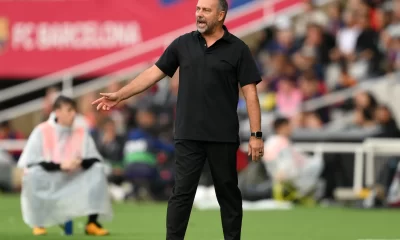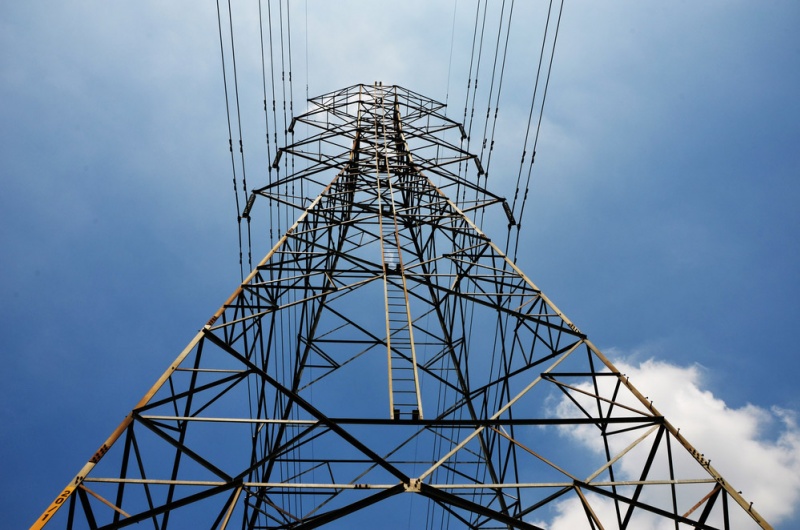Nigerians huge expectation to get stable electricity may continue to be a mirage in spite of ample investment by the federal government through the Transmission Company of Nigeria as the country’s power grid continues to suffer systems collapse.
According to report, in the first months of year, the nation’s power grid has suffered has suffered six system collapses. The report also showed that seven Generating Companies, GENCOs in the country are yet to generate any megawatt to the national grid.
The seven GENCOs include Alaoji NIPP, Afam IV-V, Ibom, ASCO, A.E.S, Trans Amadi, Egbin ST6.
Furthermore, a report obtained from the office of the Vice President, Prof. Yemi Osinbajo, shows that, an estimated amount of N161 billion was lost to an insufficient gas supply, distribution, transmission and water reserves from January to April 15, 2019.
ALSO READ: National Grid collapses the fourth time
Commenting, Chief Executive Officer, All-On, a renewable energy company, Mr. Wiebe Boer blamed this development on bad-grid investment decisions in the power sector value chain.
“There are enormous bad-grid investment opportunities in high-density low-income urban areas in Nigeria. This is not just a deeply rural play. “Nigeria is coming from over four decades of underinvestment in the power sector, resulting in 120 million Nigerians in either a no-grid or bad-grid situation.
“This is more people than the entire population of the next largest African country and almost the population of all of the rest of West Africa. The energy gap serves as the foundation for a lot of the challenges the nation faces; health, education, insecurity, unemployment, environmental pollution, amongst others.
“We have an installed capacity of approximately 10,000 megawatts, MW and a distributed capacity of just over 4,000MW on a good day; to serve a population of about 198 million persons in 2019, despite numerous projections to increase capacity over the years that have not materialized. “This is not acceptable.
We cannot continue to be the nation of perpetual darkness. We cannot continue to normalize this and just accept that in Nigeria power will always be a problem – and the national excuse for why we haven’t achieved what we should have as a nation.
“We need to make sure that the on-grid and off-grid section of the power chain do not drift apart so wide that they cannot seek common ground. The power gap is too massive for either one to solve, and we are better off through collaboration”.

 Football6 days ago
Football6 days ago
 Entertainment5 days ago
Entertainment5 days ago
 Football7 days ago
Football7 days ago
 Football7 days ago
Football7 days ago
 Business4 days ago
Business4 days ago
 Football5 days ago
Football5 days ago
 Crime6 days ago
Crime6 days ago
 Football6 days ago
Football6 days ago

